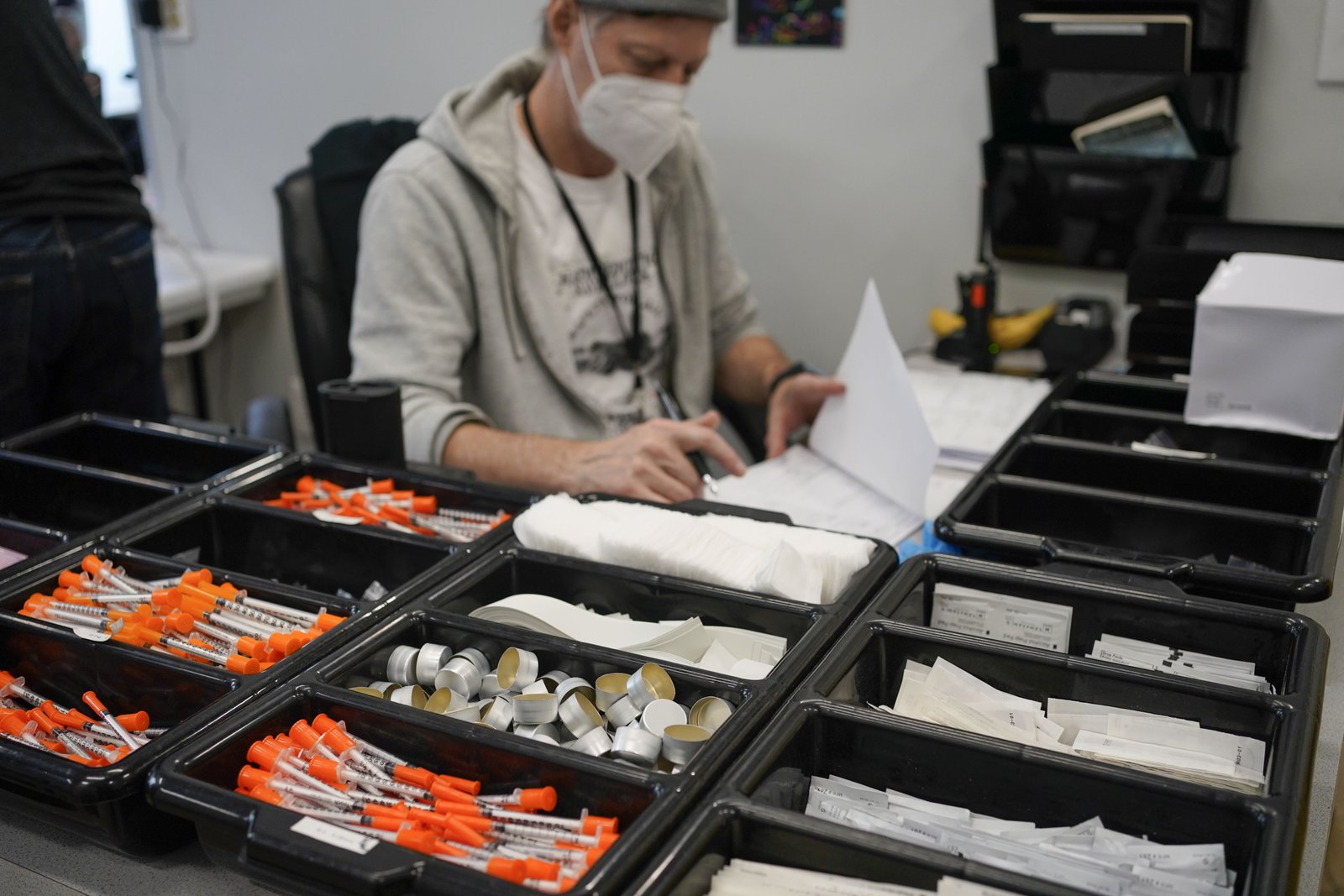Physical Address
304 North Cardinal St.
Dorchester Center, MA 02124
Physical Address
304 North Cardinal St.
Dorchester Center, MA 02124

America’s first state-sanctioned overdose prevention center (OPC) held its ribbon-cutting Tuesday in Providence, Rhode Island, and will soon offer a medically supervised place for users of illegal drugs.
The facility is the first in the United States to be authorized and funded under state law, following a 2021 Rhode Island law allowing the establishment of OPCs.
Often called harm reduction centers or safe consumption sites, among other names, OPCs provide a clean, controlled environment where medically trained staff monitor and supervise people using drugs to prevent overdose deaths. They may also offer recovery services, including mental health services and substance abuse treatment.
“The overdose prevention center will be regulated, licensed and inspected by the Rhode Island Department of Health, just like other medical facilities,” said Mandy Roman, director of development and communications at Project Weber/RENEW, the nonprofit that is opening the facility. via e-mail to Newsweek on Wednesday.
“We also work in close communication with officials at all levels of government,” Roman added. The nonprofit has two medical directors and will partner with the VICTA dispensary, she said.
The center will not operate on taxpayer dollars. “The majority of the funds come from opioid settlement dollars that were negotiated by the RI (Rhode Island) attorney general from pharmaceutical companies as compensation for harm caused by prescription opioids,” Roman said. Newsweek. Private donations and grants also contribute to the funding.
In 2022, the state joined a national opioid settlement with three major opioid distributors, which provided “over $90 million in funding for state and local efforts to address Rhode Island’s opioid crisis.”
The center is not officially open as it awaits final licensing, but is expected to begin operations in a few weeks.

A spokesman for Rhode Island’s Department of Health (RIDOH) said. Newsweek in an email Wednesday that the department “has been working with Project Weber/RENEW on the licensing process.
“The department requires a certificate of occupancy and a certificate of approval from the fire marshal before it can schedule a final review. This review will include a review of the site’s final operating policies to ensure that the policies meet state regulations and patient safety standards. Once in compliance, RIDOH will issue a license.”
Newsweek contacted the Rhode Island governor and attorney general’s offices via email Wednesday.
In 2023, 404 people died overdoses in Rhode Island, and 436 the year before. Nationwide, Centers for Disease Control and Prevention reported 107,543 overdose deaths in 2023, the majority of which were related to fentanyl.
Harm reduction strategies have been central to the fight against the opioid epidemic. Naloxone distribution programs are reversed thousands of overdoses, while needle exchange initiatives have slowed the spread of infectious diseases such as HIV and hepatitis C.
Two OPCs have been operating in New York City since 2021 with city support but without state authorization, unlike the Providence Center, which has state authorization. Worldwide, there are around 200 OPCs in 14 countries.
Project Weber/RENEW Executive Director Colleen Daley Ndoye said in a statement obtained by Newsweek that the “new Overdose Prevention Center is dedicated to saving lives through evidence-based practice and compassionate care. We are deeply grateful for the collaboration with our state government partners, who enable us to provide this critical, life-saving support to Rhode Islanders. “
Safe consumption facilities are controversial, with critics arguing that they provide easy access to illegal drugs and can encourage use and increase crime.
A cohort of Brown University researchers is set to evaluate the center and how it will “address the overdose crisis and impact the local community.” Brandon Marshall, professor of epidemiology at Brown, who leads the research team, said in a press release they will examine many of the questions raised by skeptics, such as how the centers work, how they are integrated into communities, and what their effectiveness is.
The researchers are also interested in examining the site’s location, as it is in a “hospital district” near other care centers.